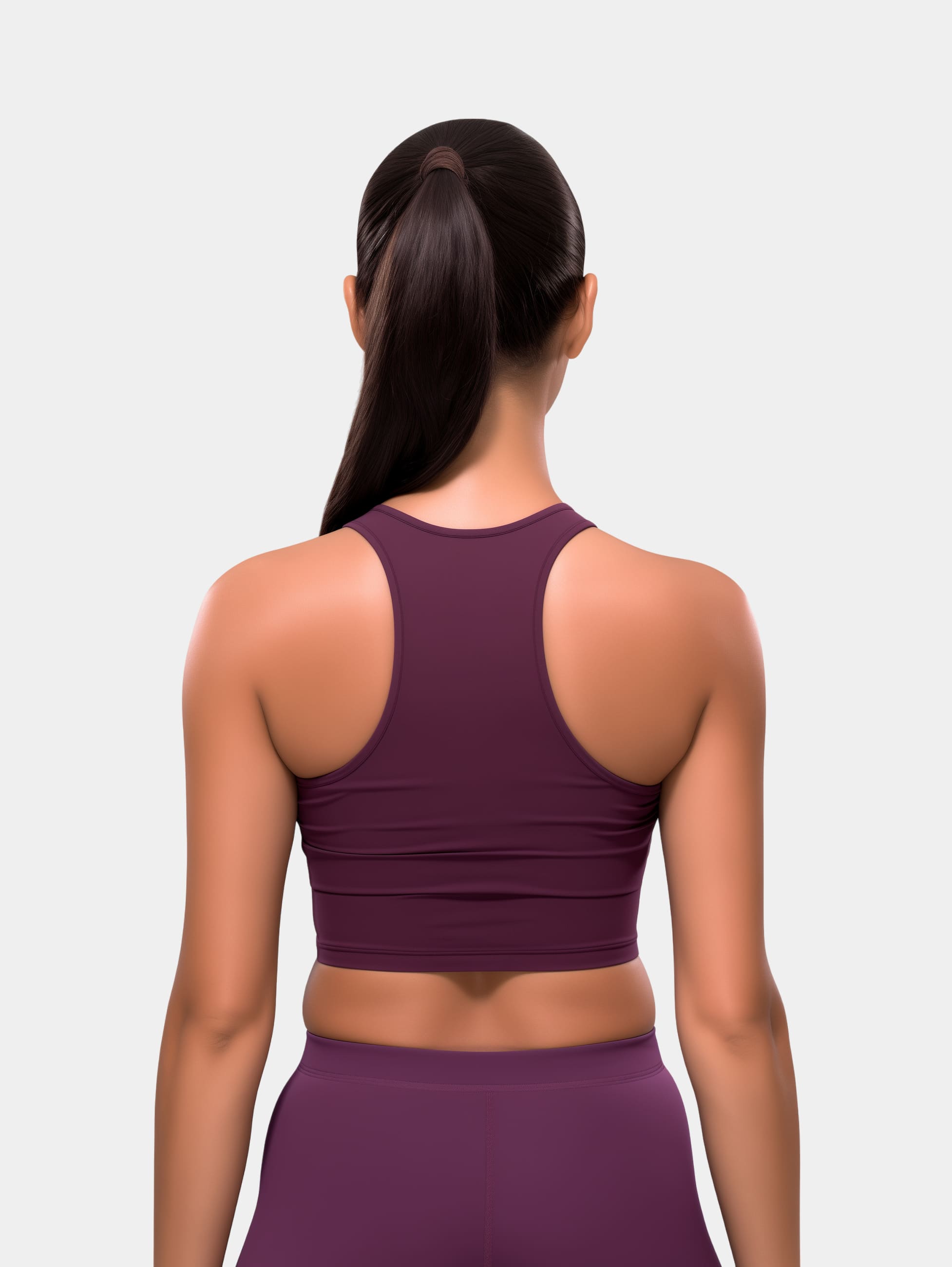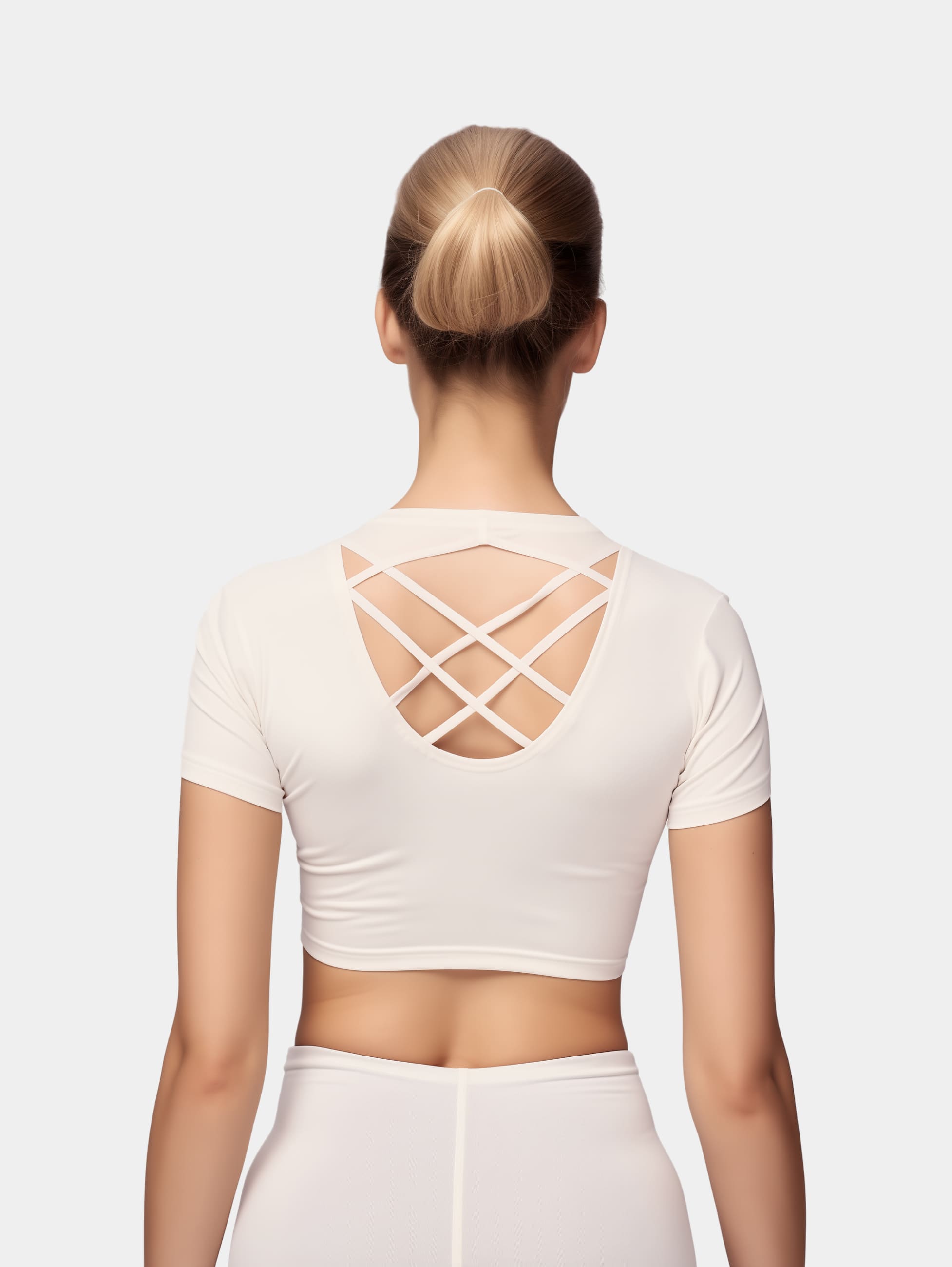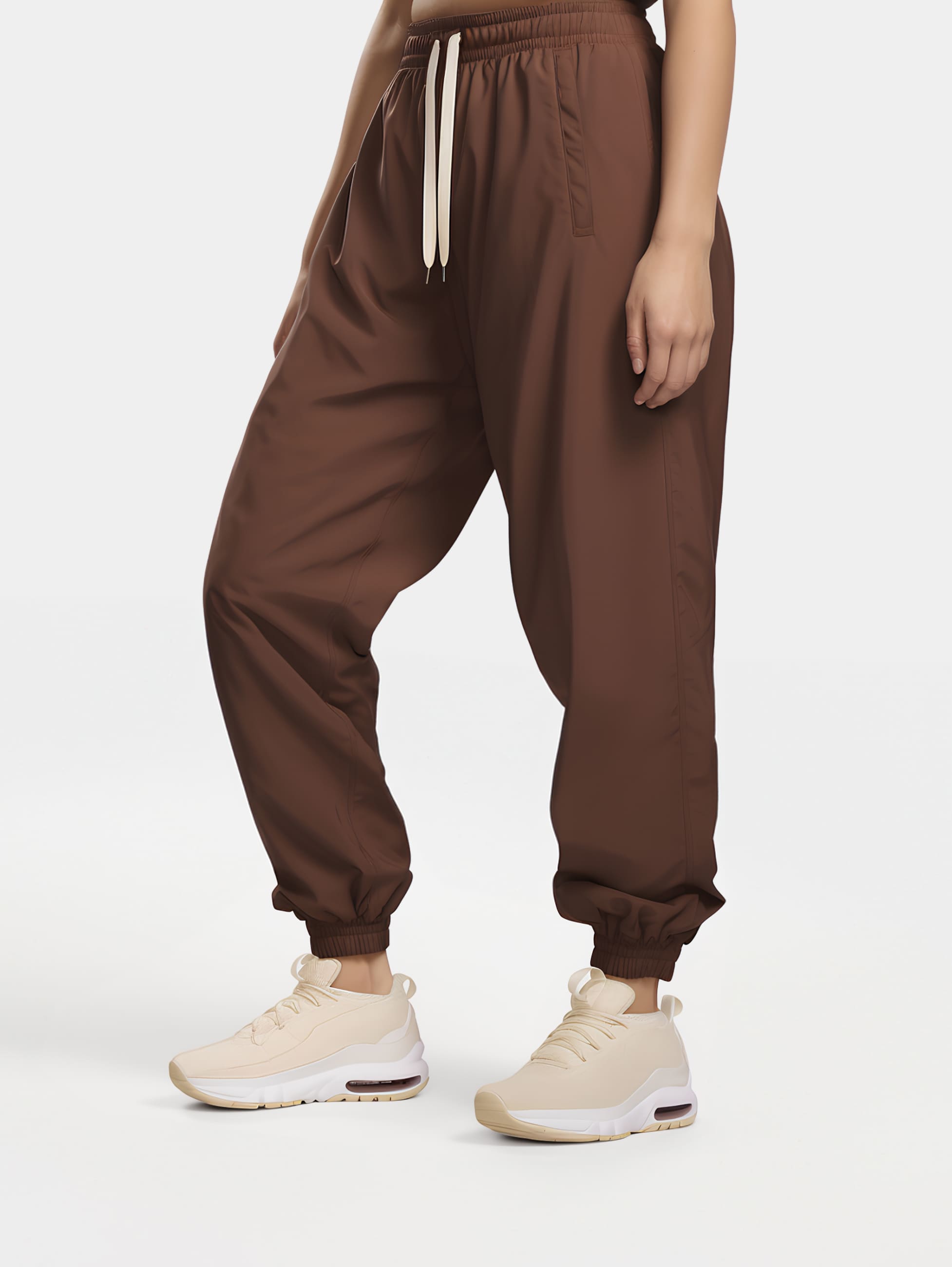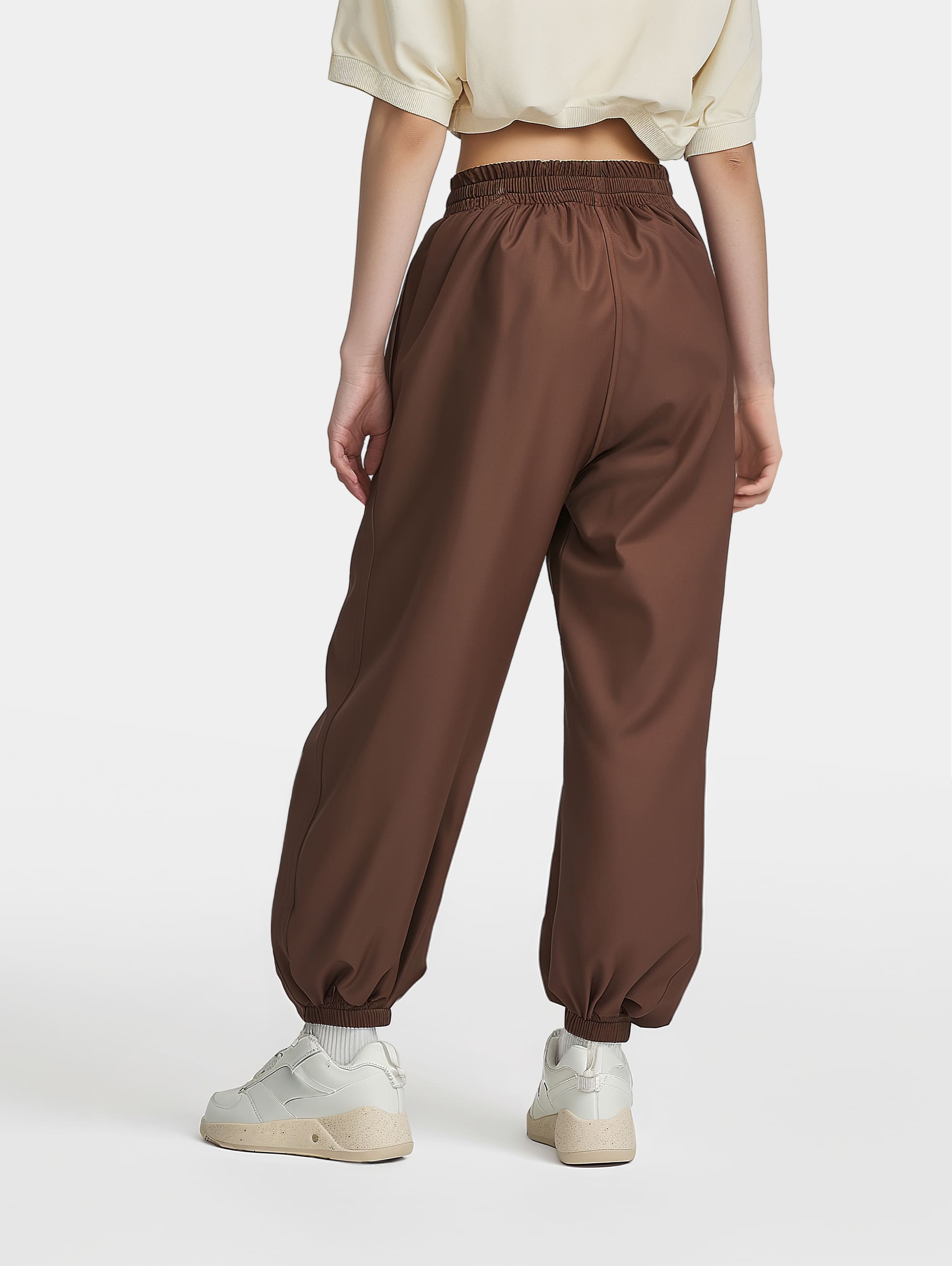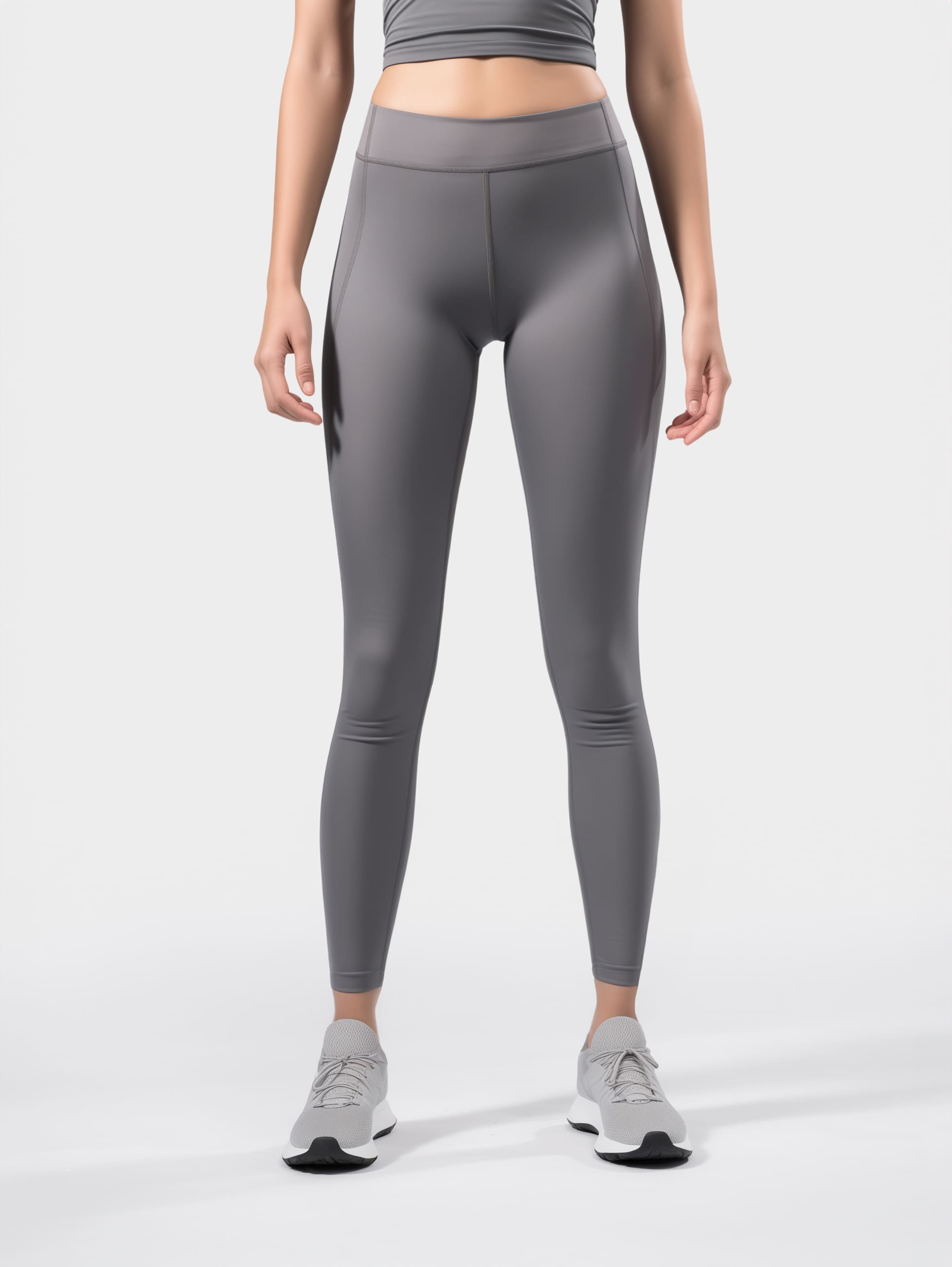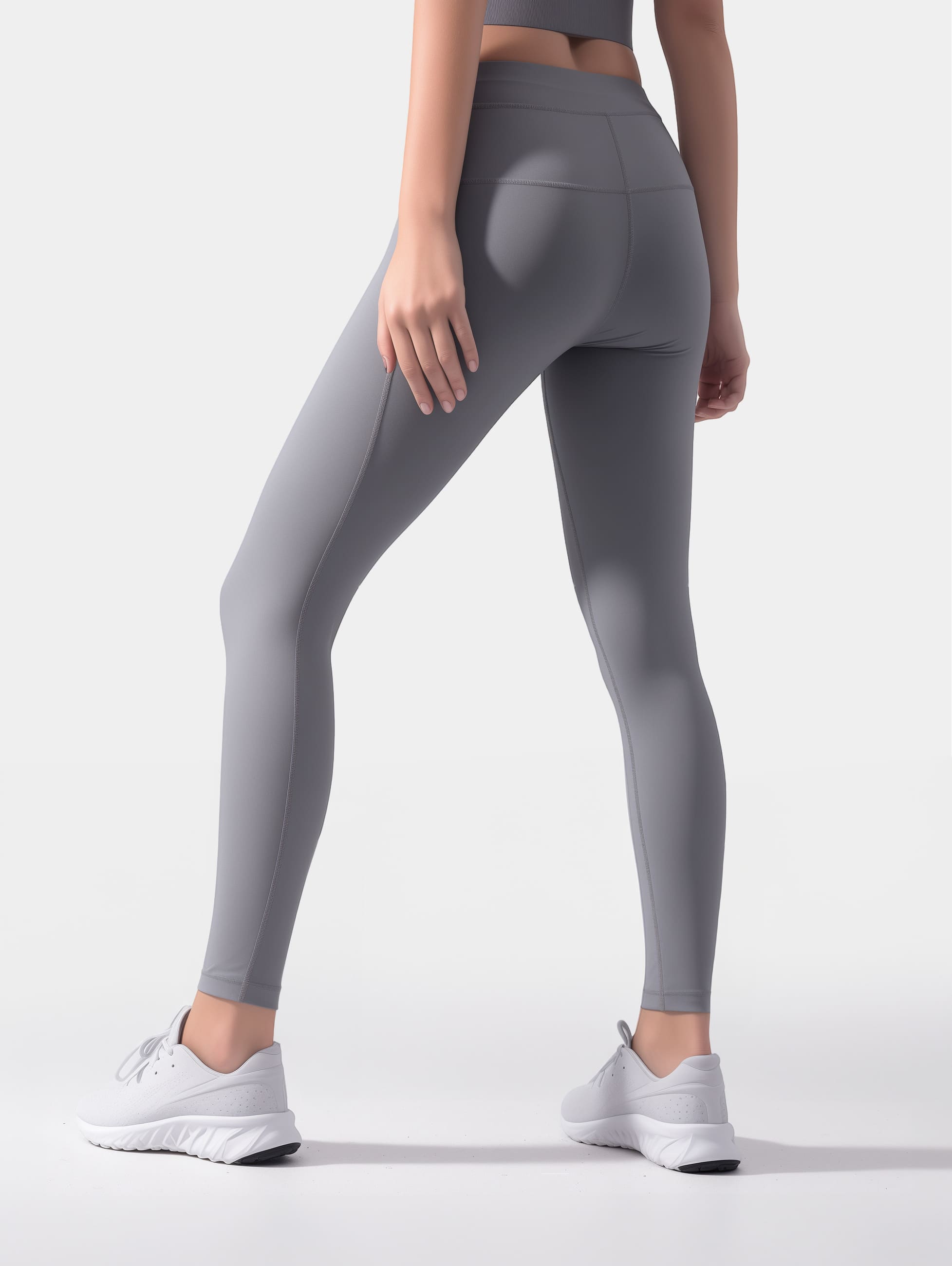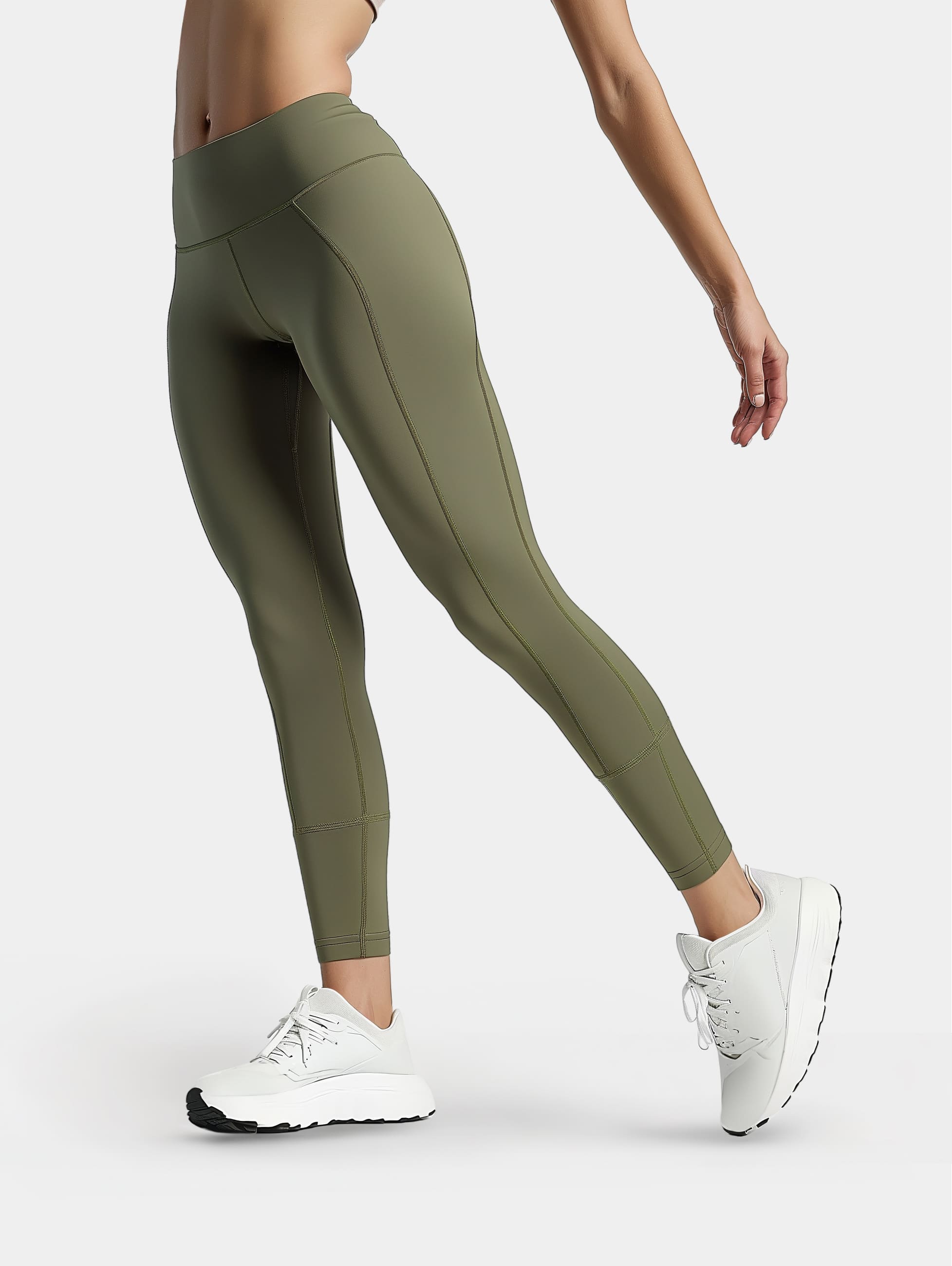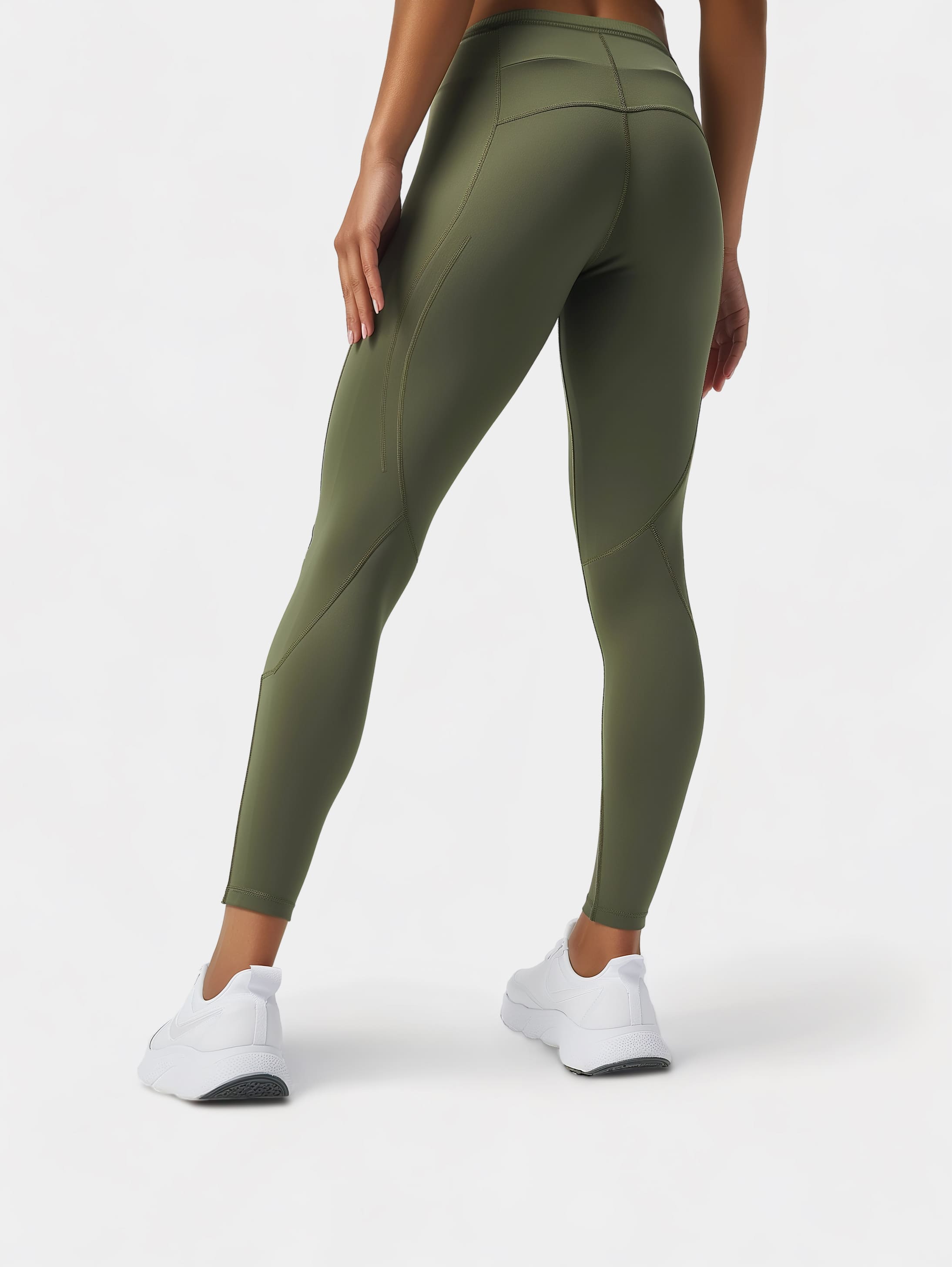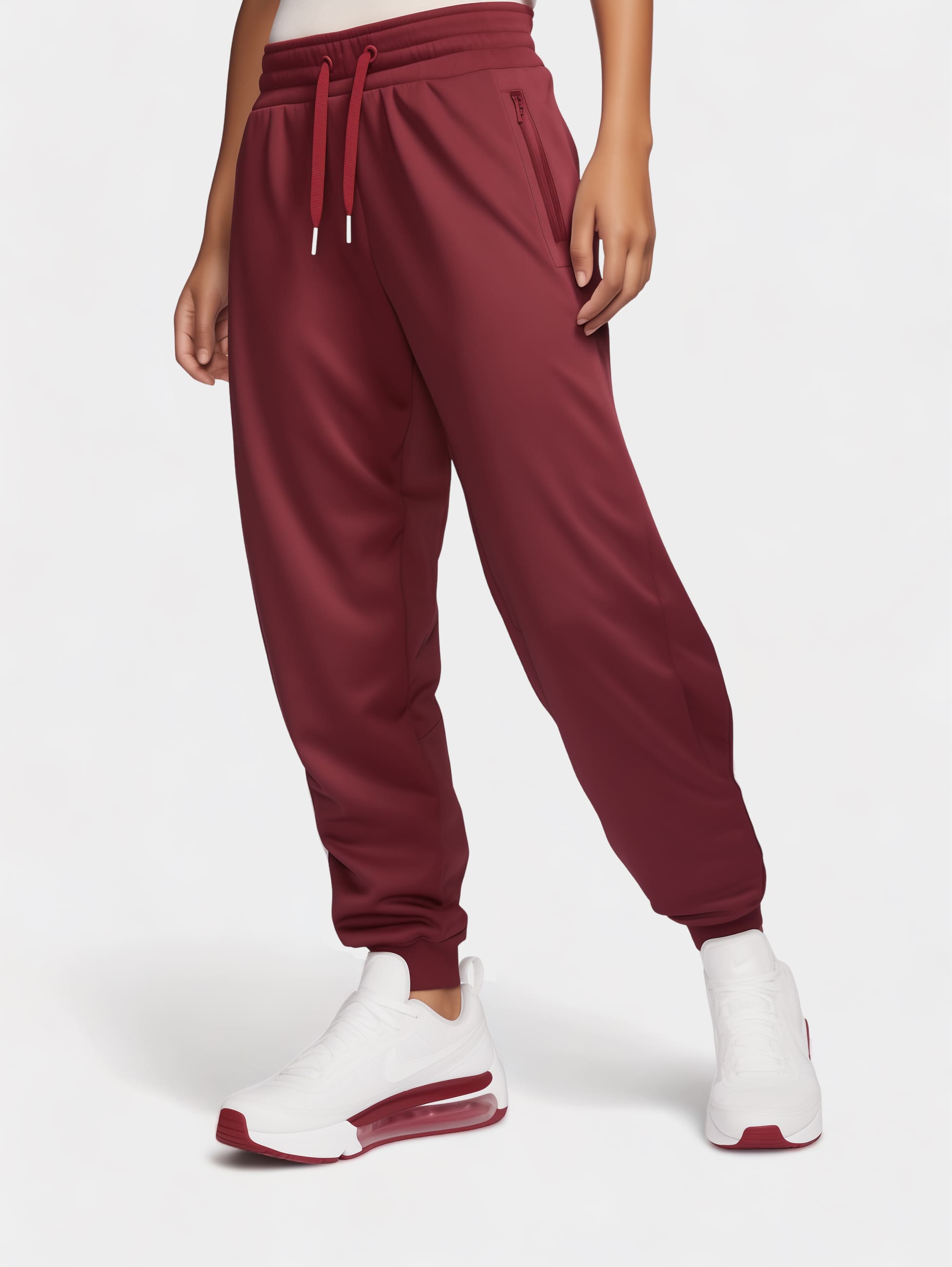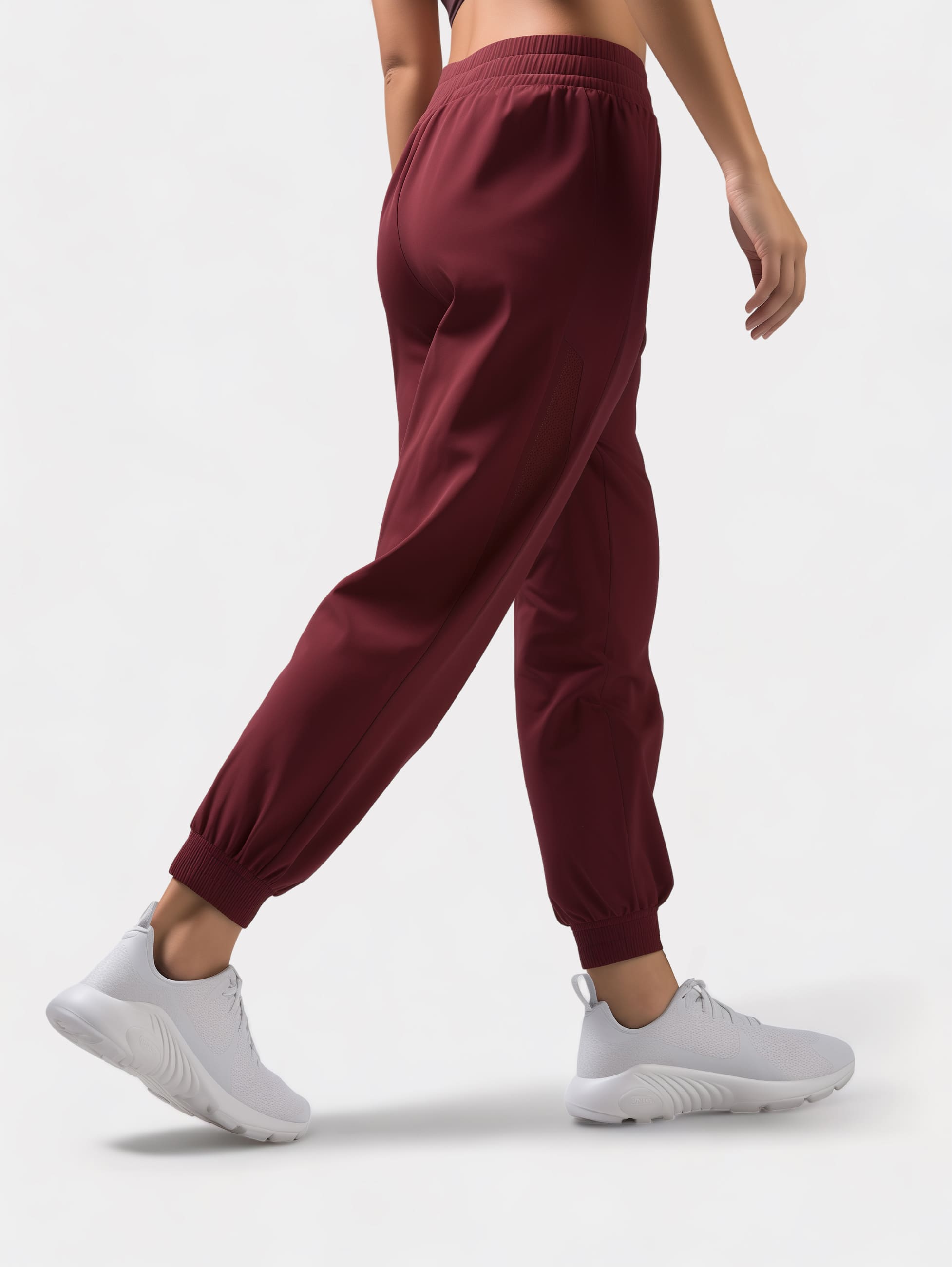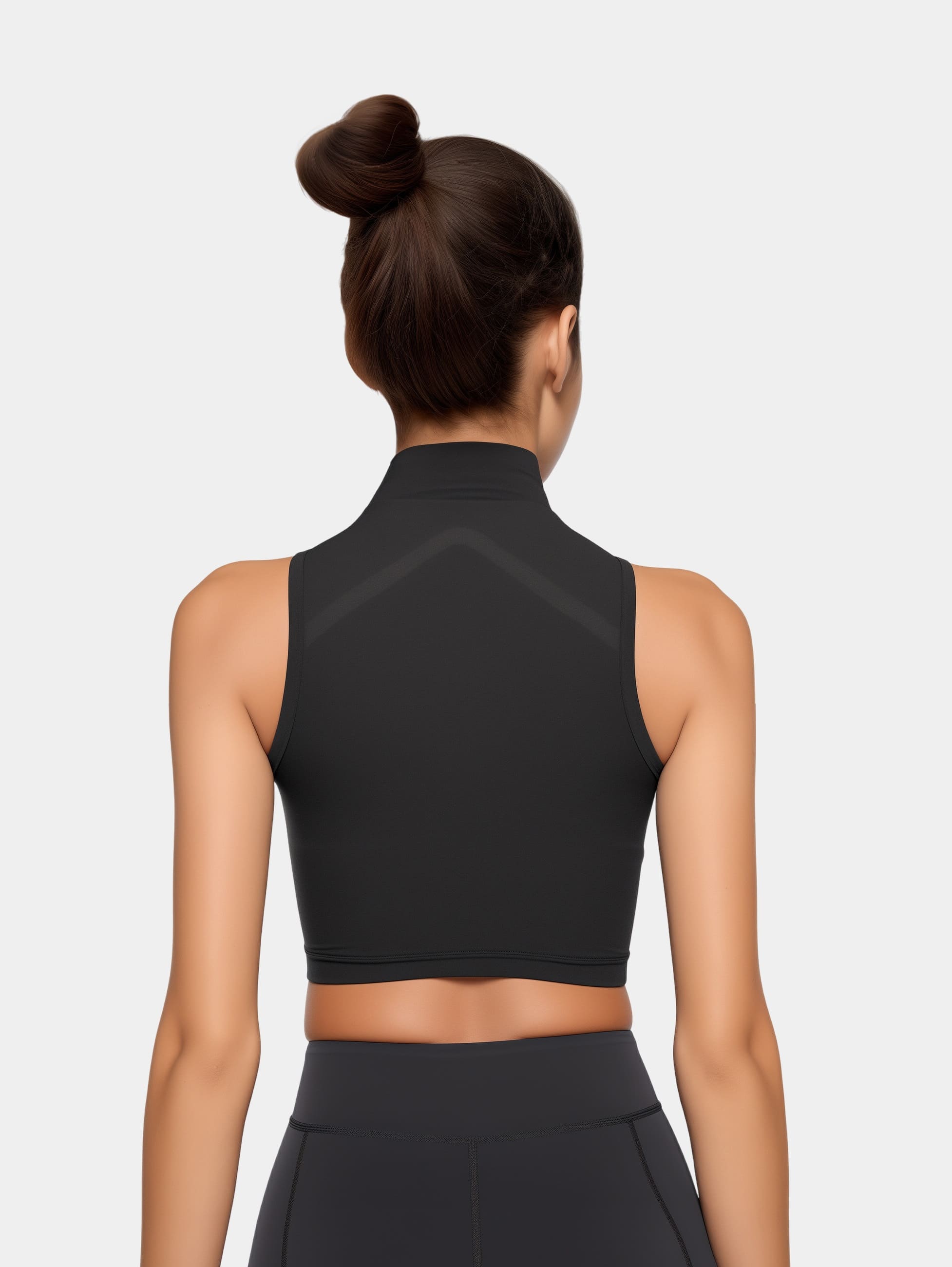The world of sports apparel has undergone a transformative journey, evolving from mere functionality to a blend of performance, technology, and fashion. This evolution reflects not only the advancements in fabric technology and design but also the changing societal attitudes towards sports and fitness.
Today, sports apparel stands at the intersection of innovation and style, embodying the spirit of the athletes who wear it and the fans who admire it. Brands and designers tirelessly work to integrate cutting-edge materials and technology that enhance performance, such as moisture-wicking fabrics, thermal insulation, and aerodynamic designs.

The burgeoning sports apparel market is a testament to its increasing importance in our lives. It caters to a wide range of activities and preferences, from professional athletes seeking performance-enhancing gear to fitness enthusiasts and casual wearers looking for comfort and style. As we look to the future, the evolution of sports apparel is bound to continue, driven by technological advancements, environmental concerns, and changing consumer demands.
The Role of Sustainability in Sports Apparel
In recent years, sustainability has become a critical factor in the sports apparel industry. Consumers are increasingly aware of the environmental impact of their purchases, leading brands to adopt eco-friendly practices. From using recycled materials to minimizing waste in production processes, the industry is taking significant steps towards reducing its carbon footprint.
This shift towards sustainability is not just an ethical imperative but also a competitive advantage. Brands that prioritize eco-friendly materials and sustainable manufacturing processes are gaining favor among environmentally conscious consumers. This trend is likely to accelerate, as sustainability becomes a key consideration in the purchasing decisions of a growing number of people.
The Future is Here: Technology in Sports Apparel
- Smart Fabrics: The introduction of smart fabrics capable of monitoring physiological parameters is revolutionizing how athletes train and compete. These fabrics can measure heart rate, temperature, and muscle activity, providing real-time data to enhance performance.
- 3D Printing: The use of 3D printing in apparel production allows for unprecedented customization and precision in design, reducing waste and improving the fit and performance of sports gear.
- Sustainability Innovations: Advances in eco-friendly materials, such as biodegradable fabrics and waterless dyeing techniques, are setting new standards for sustainability in the sports apparel industry.
Innovating sports apparel blends technology with style, transforming not just performance but fashion too
by Rita Hoffman, Founder Mobile First
The integration of technology in sports apparel is a game-changer, offering athletes a competitive edge while catering to the demands of the modern consumer. As we continue to innovate, the line between sports apparel and technology will become increasingly blurred, opening up new possibilities for performance enhancement and personal expression.
In conclusion, the sports apparel industry stands at a fascinating crossroads of technology, fashion, and sustainability. As it continues to evolve, it will undoubtedly bring forth innovations that will not only redefine athletic performance but also influence global fashion trends and environmental practices. The journey of sports apparel is far from over; it is just beginning to unfold, promising an exciting future ahead.











